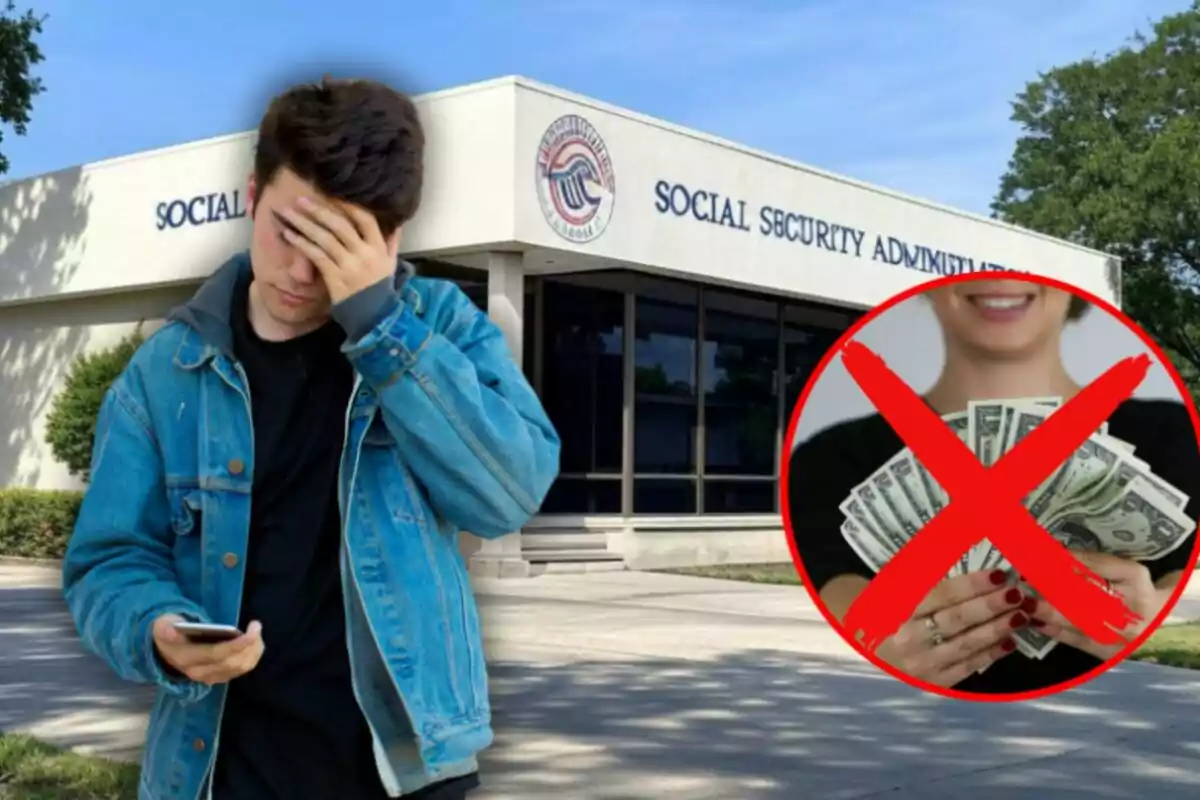Many business owners in the United States face a significant problem. The Social Security Administration (SSA) has made it clear what to do in a specific case to avoid serious mistakes.
SSA offers free tools such as the Social Security Number Verification Service (SSNVS), through Business Services Online (BSO). With these tools, any employer can check if the employee's name and number match the official records.
Don't get distracted: If you have this problem, SSA gives you the best solution
If there's a mistake, the employer must correct it, ideally before submitting the W-2 forms. If a W-2 with incorrect data has already been submitted, a W-2c must be sent within 60 days after receiving an "Employer Correction Request" letter.

So, what should you do when the name or Social Security number doesn't match IRS records? Check for typographical errors, missing hyphens, or cases such as compound names or recent name changes.
Be very careful: The worker might not receive earnings credits
Then, compare it with the information on the employee's card. If the employer's information is correct and matches the card, the employee must go to a local SSA office to solve it, then inform the employer of any changes.
It's crucial to act quickly to avoid problems. If it's not corrected, the worker might not receive the earnings credits that entitle them to future Social Security benefits.

That can affect their retirement, disability, or other benefits. In addition, IRS might apply penalties if incorrect data are submitted on official documents.
Why is it important to correct it? SSA clears up all doubts
Because the name and Social Security number are essential for employees to receive their benefits correctly. They're also necessary for companies to comply with reporting regulations and avoid fines or legal issues.
SSA insists that these "no match" letters are for educational purposes and don't mean the employee isn't authorized to work. They're not tools for taking action against the worker, such as dismissals or suspensions. In fact, SSA clarifies that they don't take legal action and don't share that data with other agencies except in very specific cases.

